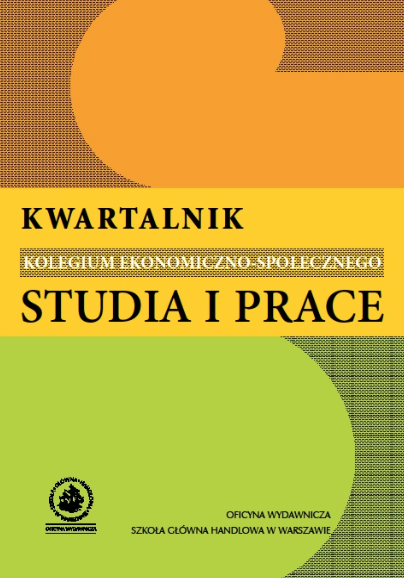Jednolitość prawa Unii Europejskiej a jego wielojęzyczność: przypadek języka hiszpańskiego
Unification of EU Law and Multilingualism: the Case of the Spanish Language
Author(s): Paweł ZerkaSubject(s): EU-Approach / EU-Accession / EU-Development, EU-Legislation
Published by: Szkoła Główna Handlowa w Warszawie
Keywords: law; European; community law; legal regulations; multilingualism
Summary/Abstract: All versions of EU legal documents in all official EU languages are considered identical and authentic. From the theoretical point of view this may lead to interpretational arguments as each language has different grammar, word order, pragmatic and vocabulary. Potentially the greatest problems when comparing a document in two different languages may be caused by modal verbs (as have to, want, must etc.) which in different languages have different, overlapping meanings. However, as the analysis of English and Spanish versions of the services direc- tive of the EU proves, the translation practice of EU aims at eliminating potential discrepancies in interpretation. The increase in regularity in different linguistic versions of the same EU documents is helped by three factors. First, legal parlance is much more systematic and meanings are more standardized than in common language. Second, most European legal systems share common legal tradition. Third, EU managed to create a sort of "new speak" based on many neologisms characteristic of EU institutions which are introduced at the same time into legal systems of all member-states. On the margin of the technical question, how to deal with potential discrepancies between different linguistic versions of EU law, there is also a political question: should we really consider all versions as equally identical? The papers tries to answer that question on a case study of Spanish as one of national languages of EU.
Journal: Kwartalnik Kolegium Ekonomiczno-Społecznego „Studia i Prace”
- Issue Year: 14/2013
- Issue No: 2
- Page Range: 59-76
- Page Count: 18
- Language: Polish

